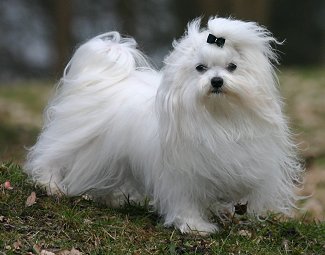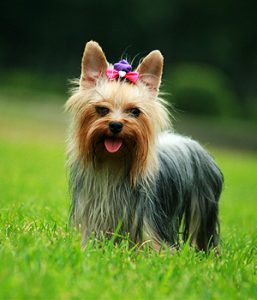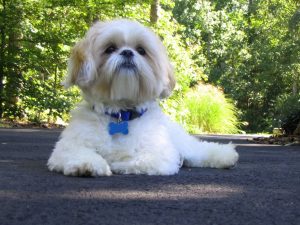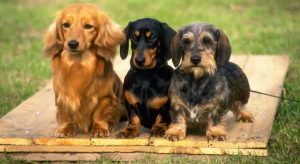Maltese
Maltese Rescues | Your Forever Friend Awaits

-
Breed Group : TOY
-
Origin : ITALY
-
Average Height : 8" - 10"
-
Average Weight : 6 - 8 lbs.
-
Life Span : 12 - 16 years
Photo Courtesy of : American Maltese Association Rescue
-
Size
1 2 3 4 5 6 7 8 9 10 -
Energy
1 2 3 4 5 6 7 8 9 10 -
Intelligence
1 2 3 4 5 6 7 8 9 10 -
Ease of Training
1 2 3 4 5 6 7 8 9 10 -
Hypo-Allergenic
1 2 3 4 5 6 7 8 9 10 -
Shedding
1 2 3 4 5 6 7 8 9 10 -
Good with Kids
1 2 3 4 5 6 7 8 9 10 -
Good with Other Pets
1 2 3 4 5 6 7 8 9 10 -
Guard Dog
1 2 3 4 5 6 7 8 9 10







